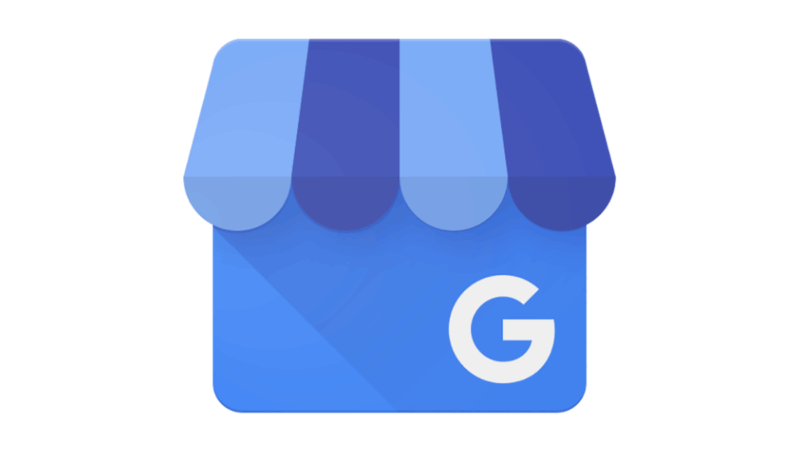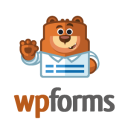How I Started A Consulting Service For B2B Marketers And SaaS Businesses
I’m Caleb Rule, and I started Rule Marketing Group, LLC to provide marketing consulting to B2B marketers, SaaS, and small businesses looking to get more from what they already do.
The main product/service is consulting, which includes a recorded video assessment highlighting strengths/weaknesses of a company’s digital experiences but can also spread out into building strategy, digging into SEO data, and actually “doing” the work of making changes to improve marketing performance.
Currently, we make $750/mo but this has been an on-again, off-again endeavor - at times we’ve averaged $1,500/mo when investing in this.

What's your backstory and how did you come up with the idea?
The beginning was born more out of desperation, to be perfectly honest. I’d been fired from my job and my wife’s salary wasn’t enough to pay all the bills. We knew we had a countdown for when we might lose the...

Download the report and join our email newsletter packed with business ideas and money-making opportunities, backed by real-life case studies.

Download the report and join our email newsletter packed with business ideas and money-making opportunities, backed by real-life case studies.

Download the report and join our email newsletter packed with business ideas and money-making opportunities, backed by real-life case studies.

Download the report and join our email newsletter packed with business ideas and money-making opportunities, backed by real-life case studies.

Download the report and join our email newsletter packed with business ideas and money-making opportunities, backed by real-life case studies.

Download the report and join our email newsletter packed with business ideas and money-making opportunities, backed by real-life case studies.

Download the report and join our email newsletter packed with business ideas and money-making opportunities, backed by real-life case studies.

Download the report and join our email newsletter packed with business ideas and money-making opportunities, backed by real-life case studies.

























